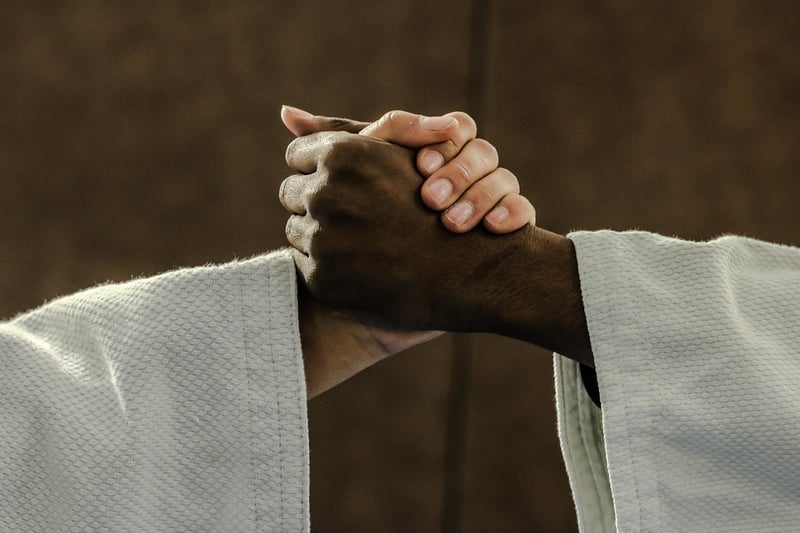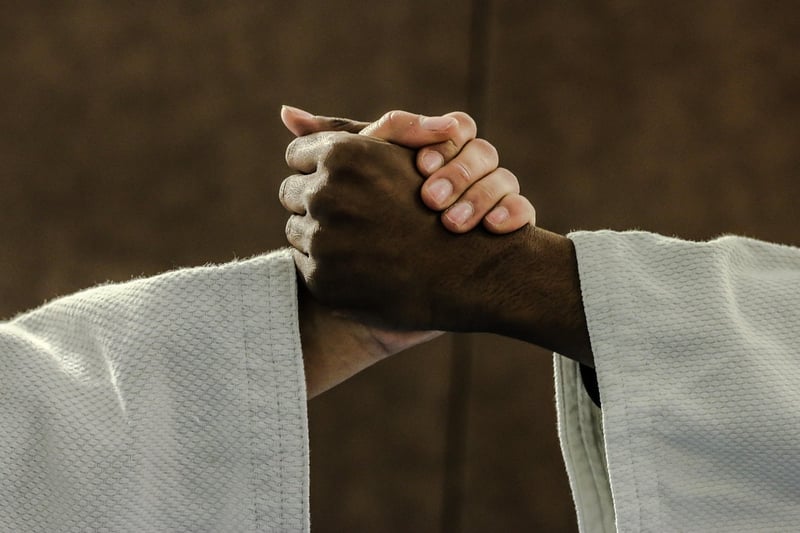Judo
The Art of Discipline and Self-defense: Exploring the World of Judo
Introduction to Judo
Judo, translated as the "gentle way," is a modern Japanese martial art and Olympic sport founded by Jigoro Kano in 1882. It focuses on using an opponent's energy against them, emphasizing throws and grappling techniques over strikes.
The Principles of Judo
Central to Judo are the principles of maximum efficiency and mutual welfare and benefit. Practitioners are encouraged to cultivate physical and mental discipline, respect, and humility.
Benefits of Practicing Judo
- Physical Fitness: Judo improves strength, flexibility, endurance, and balance.
- Self-defense: Learn practical self-defense techniques that can be applied in real-life situations.
- Mental Well-being: Develop focus, concentration, and self-control through training.
- Discipline: Judo instills discipline through its rigorous training methods and adherence to etiquette.
Judo Techniques
Judo techniques are divided into throws (nage-waza), pins (osaekomi-waza), joint locks (kansetsu-waza), and strangles (shime-waza). Some popular throws include:
- Osoto Gari (Major Outer Reap)
- Ippon Seoi Nage (One-arm Shoulder Throw)
- Uchi Mata (Inner Thigh Throw)
Training in Judo
Training in Judo typically involves practicing techniques with a partner, sparring (randori), and competing in tournaments. It is essential to train under the guidance of a qualified instructor to ensure proper form and safety.
Find a Judo Dojo Near You
If you are interested in learning Judo and reaping its numerous benefits, use the USA Judo Dojo Finder to locate a Judo dojo near you.
Conclusion
Whether you are looking to improve your physical fitness, learn self-defense skills, or cultivate discipline and mental well-being, Judo offers a holistic approach to personal development. Embrace the art of Judo and embark on a journey of self-discovery and growth.

